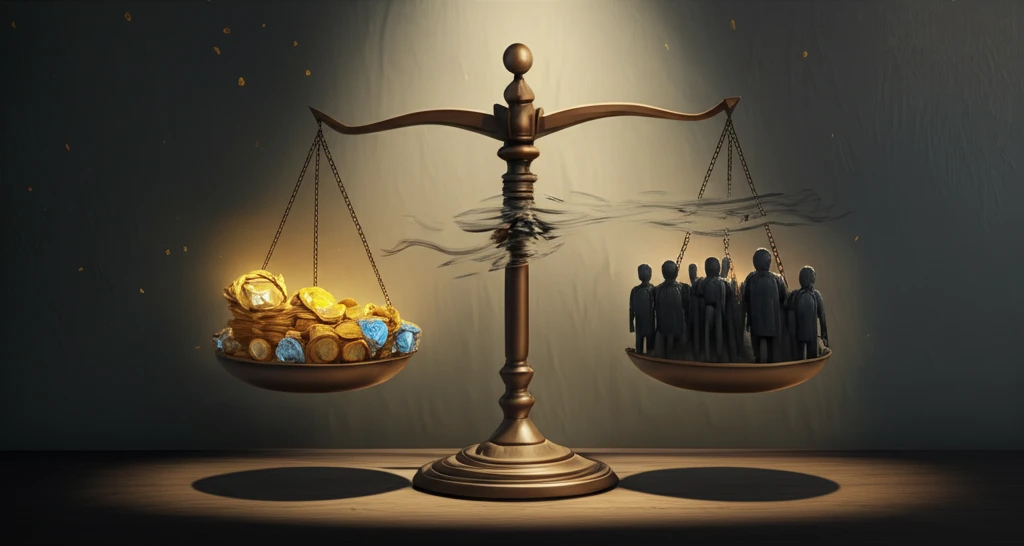
Decoding Autocracy: How Political Survival Shapes Concessions and Control
"Unveiling the delicate balance between repression, concessions, and elite uncertainty in authoritarian regimes, and what it means for policy volatility."
For decades, the image of autocracy has been one of brute force and unchallenged authority. However, the reality is far more nuanced. Autocrats, like any leader, must maintain the support of a key group – their inner circle – to stay in power. This support isn't guaranteed; it requires a constant balancing act of concessions and control. But what happens when the autocrat's inner circle isn't entirely sure of its own fate? How does that uncertainty influence the leader's decisions and the stability of the regime?
Existing research shows that autocrats offer concessions to prevent ouster by their inner circle. This article examines how those concessions are influenced by the relative uncertainty of an autocrat's inner circle about remaining in that favored body. This analysis builds on the work of Bueno de Mesquita et al.'s seminal work, "The Logic of Political Survival," extending the model to account for variations in the relative uncertainty of an autocrat's inner circle.
By dispensing with convention and introducing comparative statics across two models with different formulations of uncertainty, the article reveals the conditions under which concessions are expected to increase, offering insights into authoritarian politics, including an unexamined facet of the “dictator's dilemma.” The findings also identify a source of policy volatility not found outside of autocracies, suggesting a need for more research on elite uncertainty in autocracies.
The Dictator's Dilemma: Balancing Repression and Reward

The dictator's dilemma describes the difficult balance an autocrat faces between using repression to silence dissent and maintaining enough awareness to identify potential threats. Over reliance on repressions makes it difficult to identify potential threats. To maintain power, autocrats often substitute repression with concessions to those whose support is most vital.
- Increased Private Goods: Expect more direct benefits like cash or special privileges when the inner circle feels less secure.
- Public Goods as a Tool: Autocrats might use public works or even reforms to appease a restless elite.
The Future of Autocratic Studies: Embracing Uncertainty
The study of autocracy needs to move beyond simplistic notions of absolute power and embrace the complexities of elite dynamics. By incorporating the concept of elite uncertainty, researchers can gain a more nuanced understanding of autocratic decision-making, policy volatility, and the potential pathways towards political change. Further research in this area will not only refine our theoretical models but also provide valuable insights for policymakers and activists seeking to promote more open and accountable governance.
